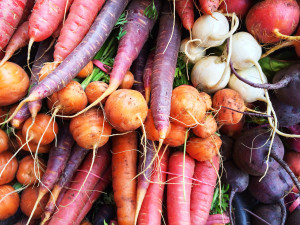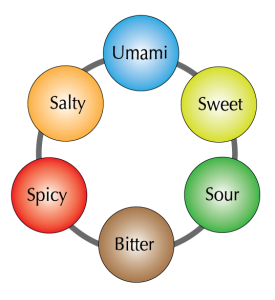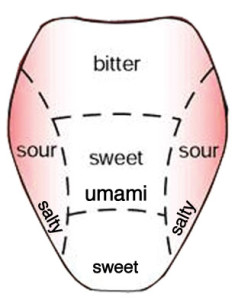Bitter is Better

Bitter Is Better
It’s an old saying about the bitter taste that isn’t used much anymore. Why? Because bitter sucks. And we don’t need it. Right?
When you think of the emotion of bitterness you think harsh and disagreeable. It’s too bad that is the same word as the bitter taste. Because the bitter taste, in nature, is as important as oil is to your car’s engine.
We all know that plant foods are some of the healthiest things for our bodies. All vegetables and herbs have at least some bitterness to them. Why? Why don’t the things that are healthiest for us also taste great? The main reason is that growth only happens through work. Immediate reward does not create positive change. Plus the bitter taste and bitter food does a lot for our health and wellness. We have to practice enjoying what is good for us and not just what feels good. Which taste is the most appealing to the human palette?
Sweetness! There are many evolutionary reasons why sweetness is our most prized taste. Sweet foods provide immediate energy to the body. Sweet foods are scarce in nature. There are no naturally occuring sweet food that are poisonous. Yet sugar turns the blood into syrup, scars the walls of blood vessels, and tells the body to store fat instead of burning it. The rewards are sweet, but short, and detrimental to long-term health.

Salty, spicy, and sour are the other major tastes on our palette. Everyone knows that sweet and salty are the most sought after tastes, followed far behind by spicy and sour, then finally bitter. I’ll cover umami in another post, just recognize that it is a taste that increases as foods are more processed. But the healthiest way to live is holistic and that means nourishing yourself with a balanced approach to our range of tastes.
Bitterness is what we need!
Vegetables, herbs, and some fruits have considerable bitterness. These amazing colorful foods tighten, tone, and strengthen our entire body in countless ways. In particular we are talking about root vegetables, bitter greens, and most herbs and spices.
Bitter tasting foods tell the mouth to make more saliva, they tell the pancreas to secrete more enzymes, and the liver to provide more bile – leading to easier digestion and increased absorption of nutrients. Bitter foods tend to be nutrient dense. They are proven to fight disease and aid the immune system. Bitter foods get less bitter and more sweet as they are chewed- forcing us to chew them well and bring out all the nutrition hidden within. Bitter foods are full of fiber and other compounds that aid in cleansing our digestive tract. On top of all that eating bitter foods reduces the cravings for sweetness.

The taste-buds on your tongue that recognize bitterness are found in the back (closest to the throat). The taste lingers longer in your mouth. The sensation of bitterness is cold, dry, and light – quite the opposite of what our impatient brain wants.
Bitter is grounding. Many bitter vegetables grow underground and have a pungent astringent quality which tastes almost che-mical. Because it’s teaming with minerals that feed your infinite complexity.
The Liver is the organ of detoxification, and it loves bitter foods (like dandelion greens). The digestive tract needs strength from soothing and toning foods (like beets). Your body’s food processing system needs the right foods to stay healthy just like the rest of your body needs the nutrition that your system is able to claim. Our bodies were made to find these fruits and vegetables growing wild, chew them well, and let their natural complexity nourish us down to the core in the way that nature will only ever do.




